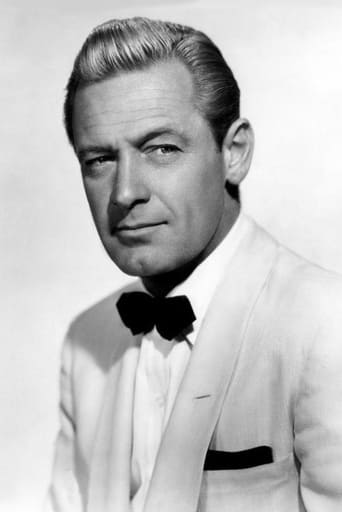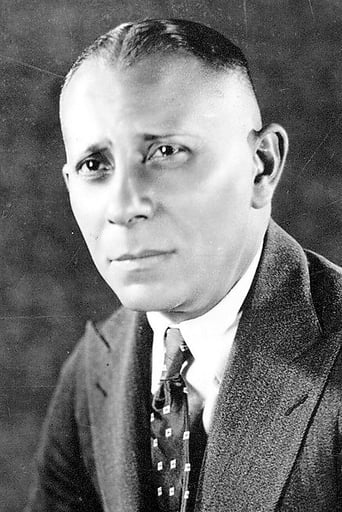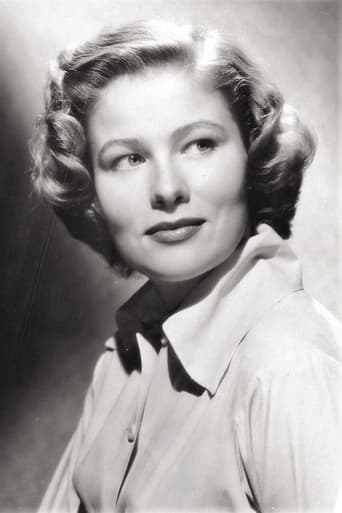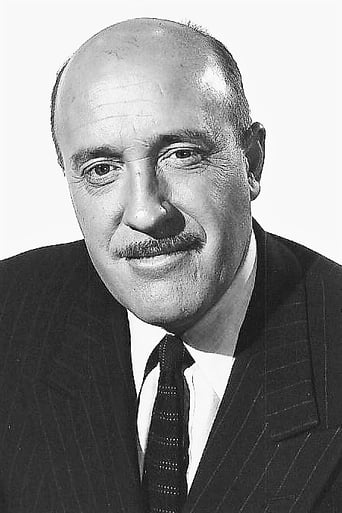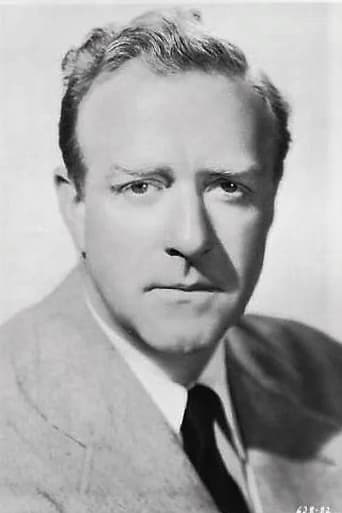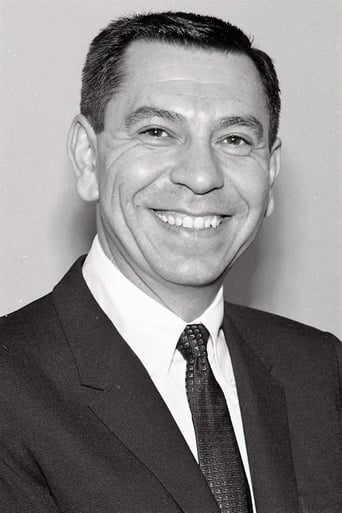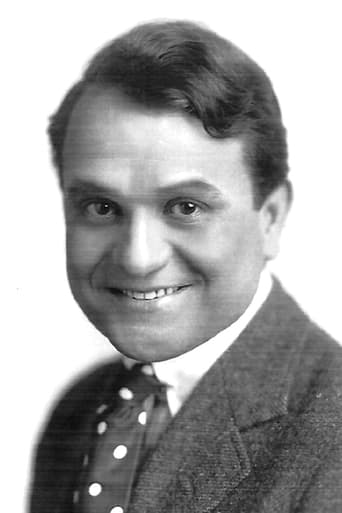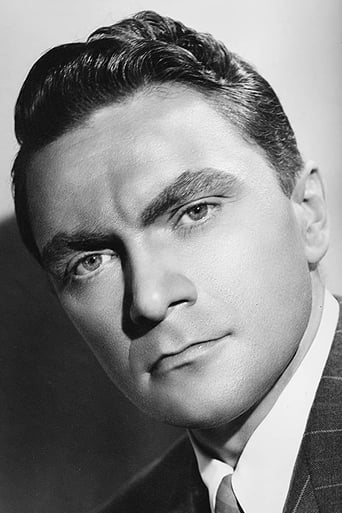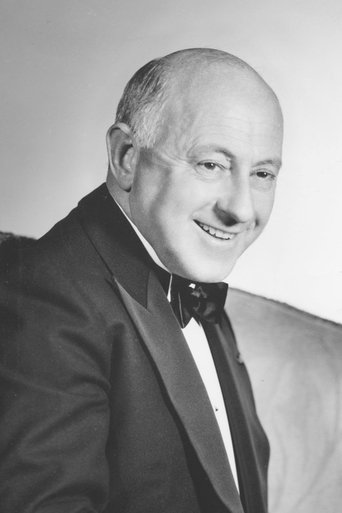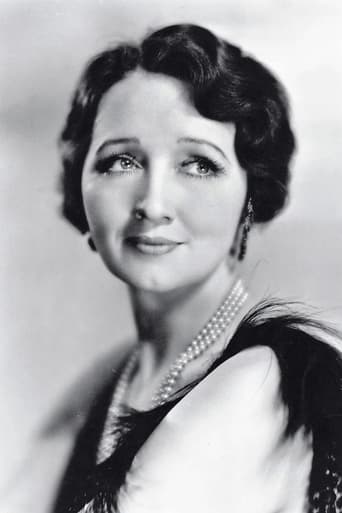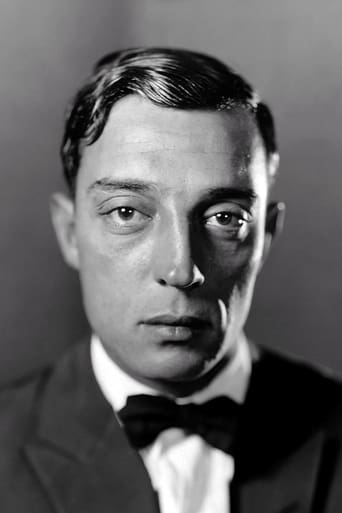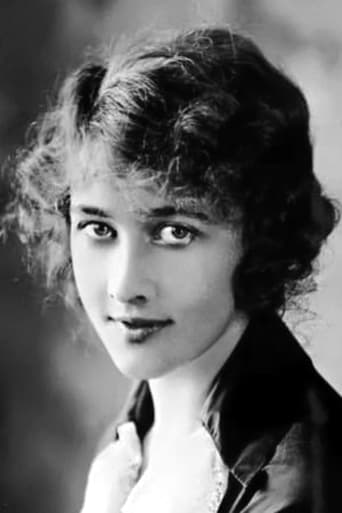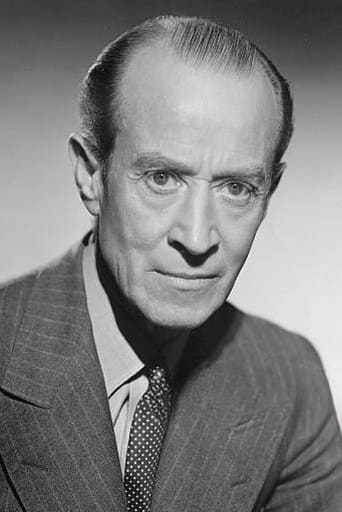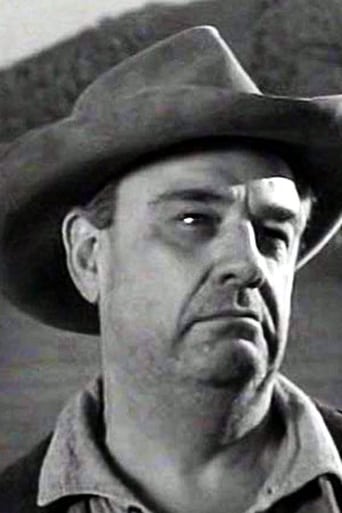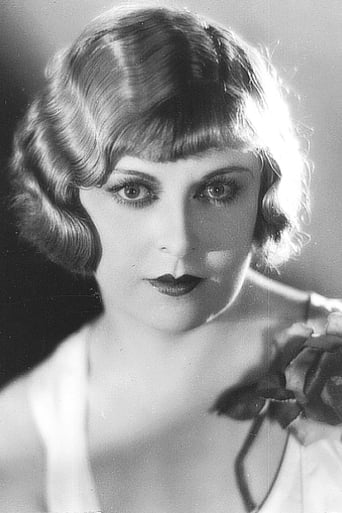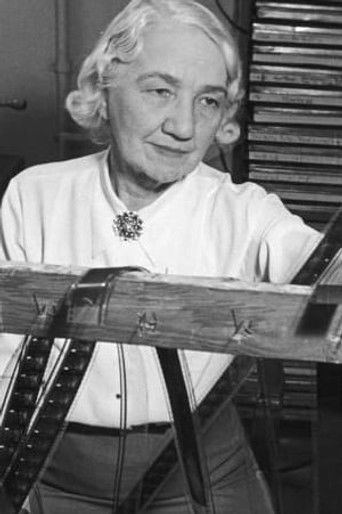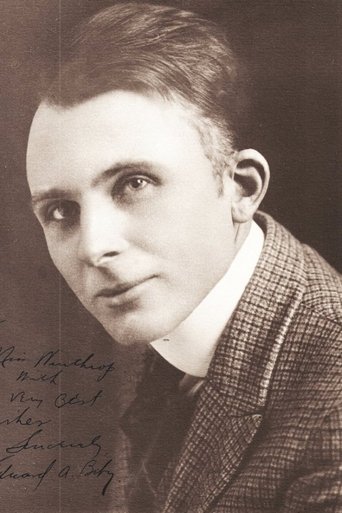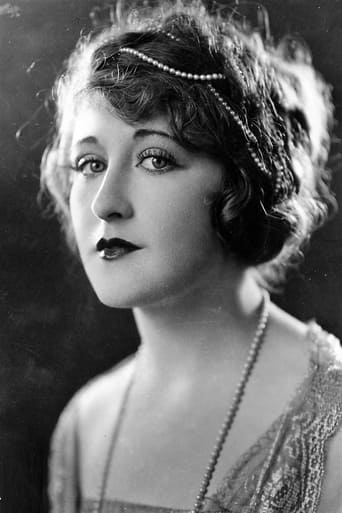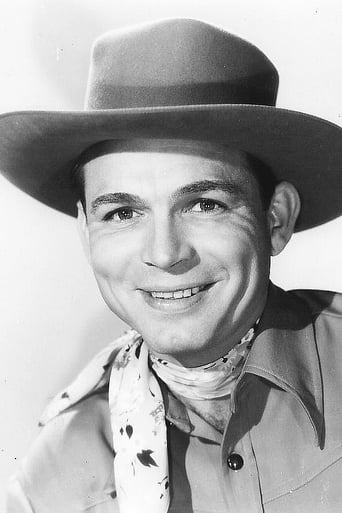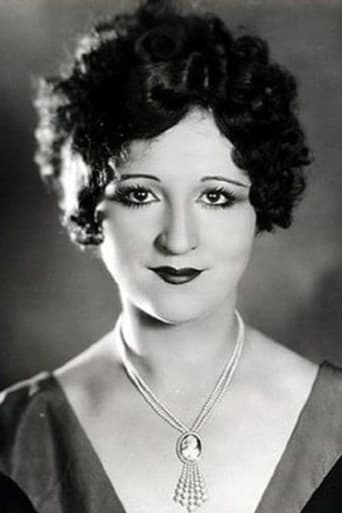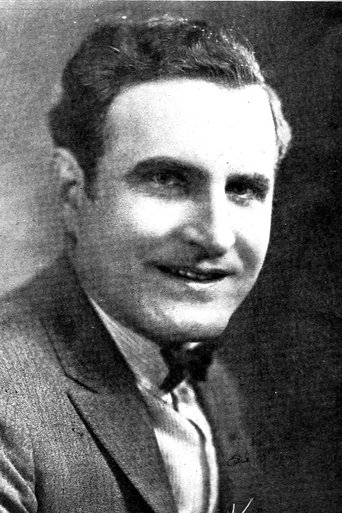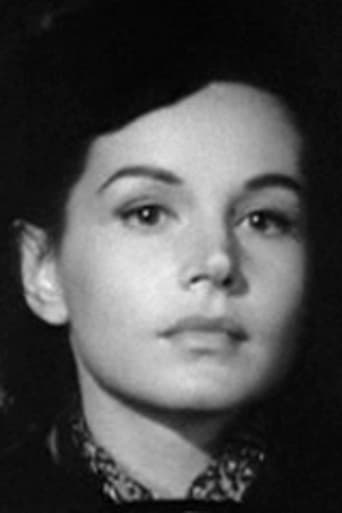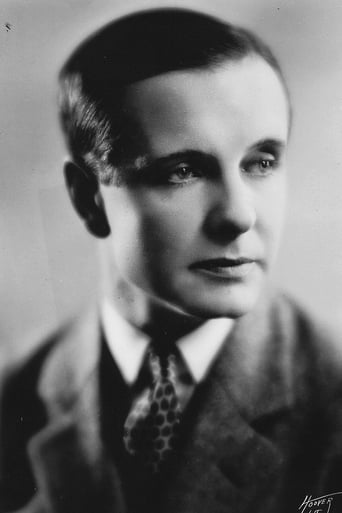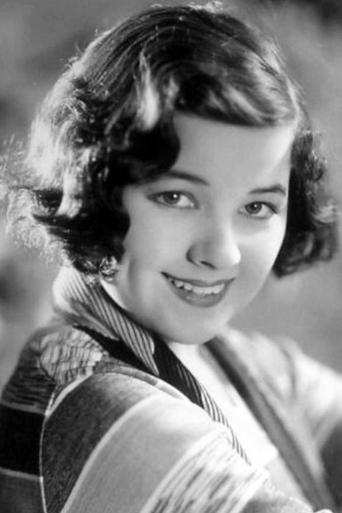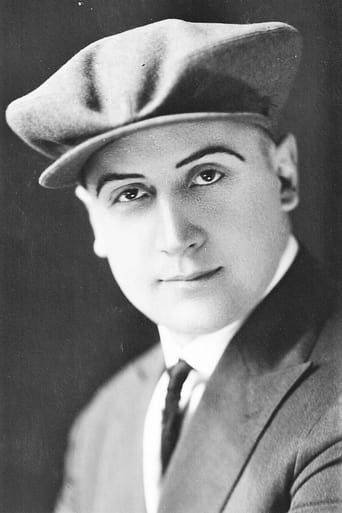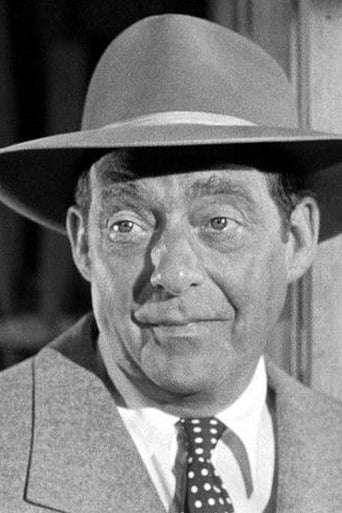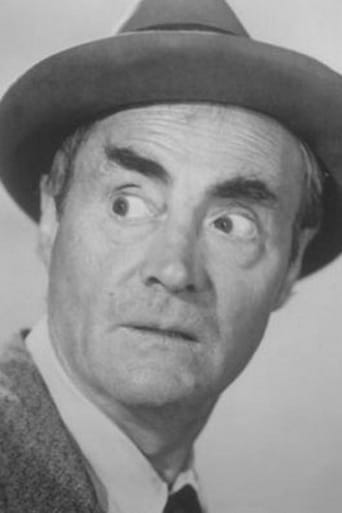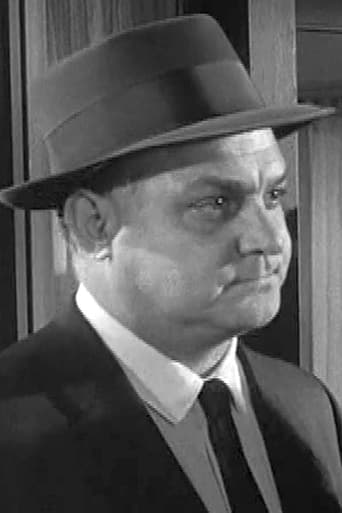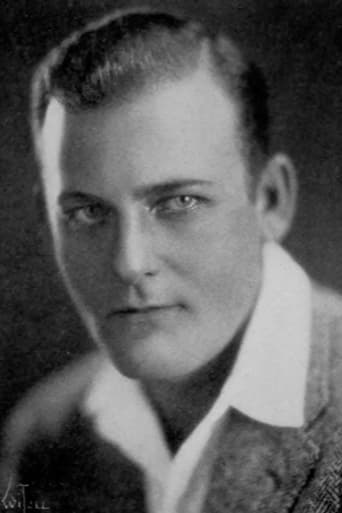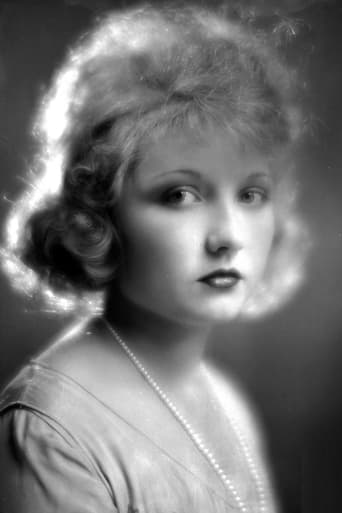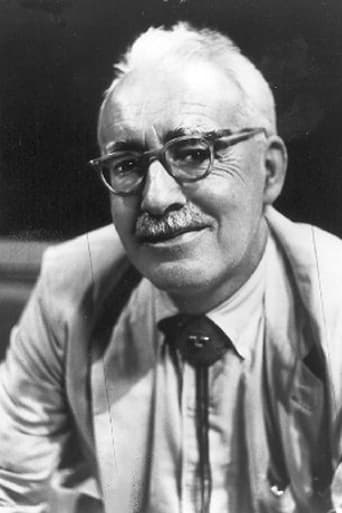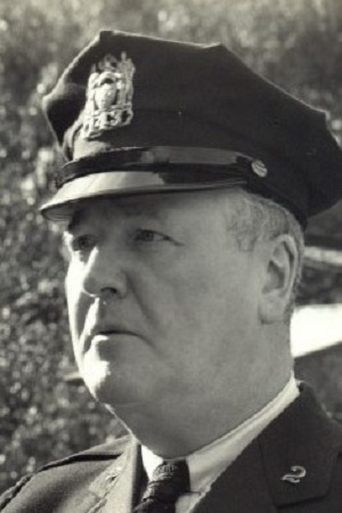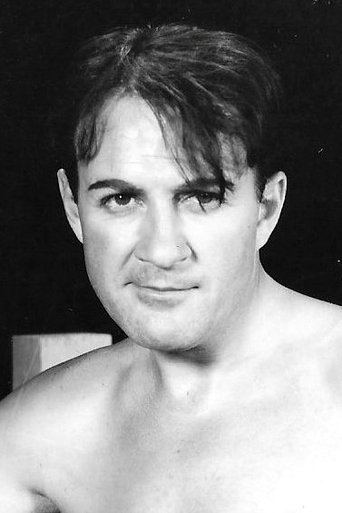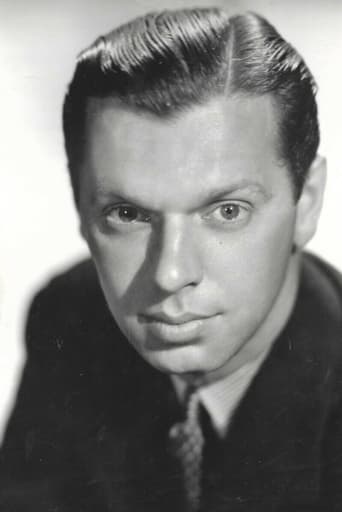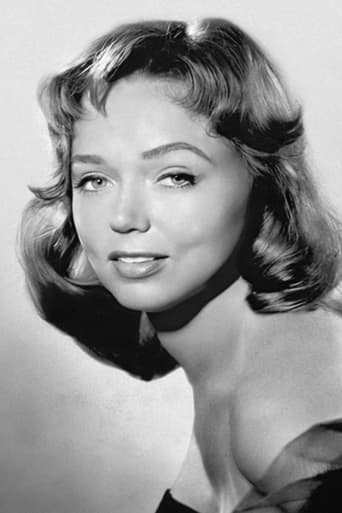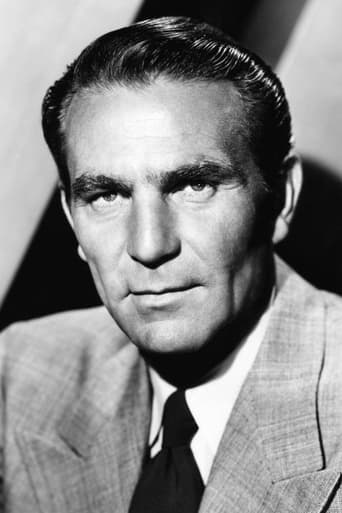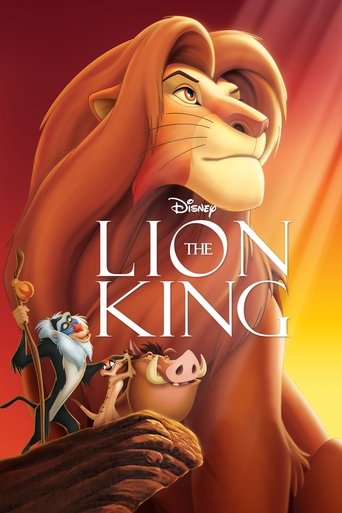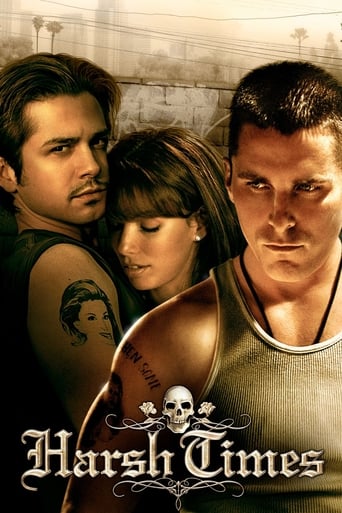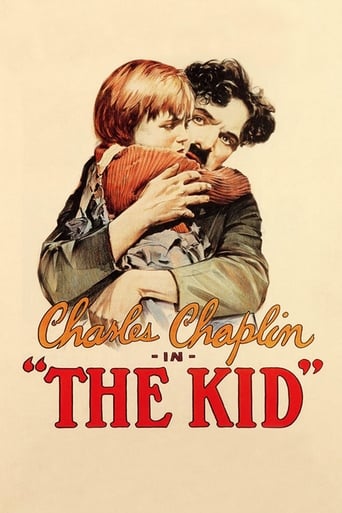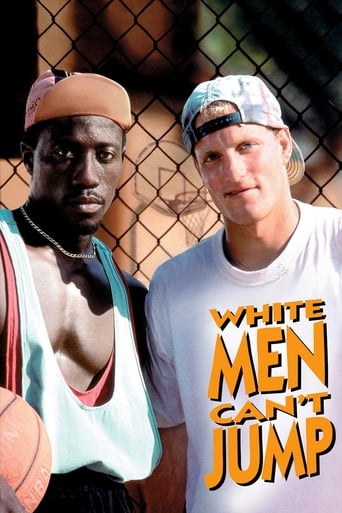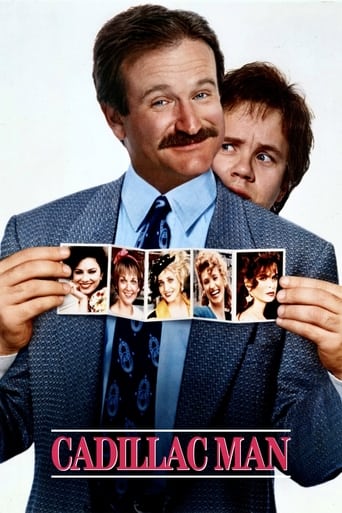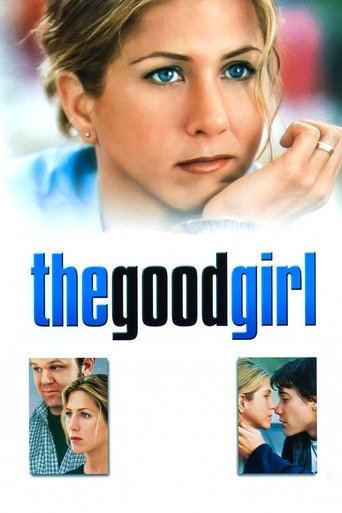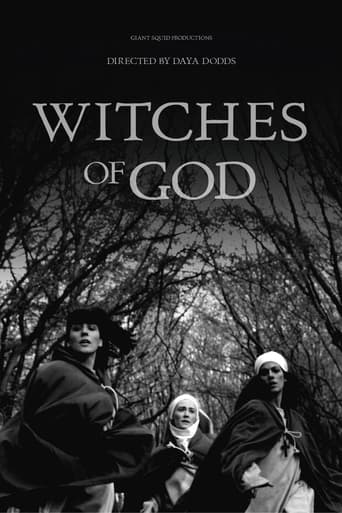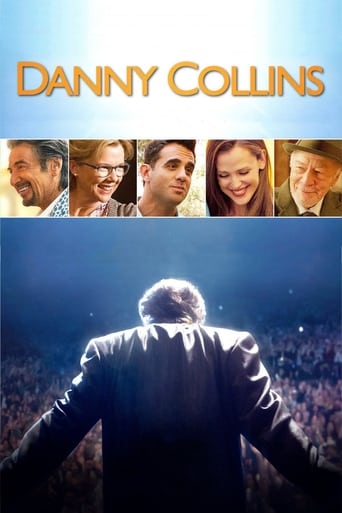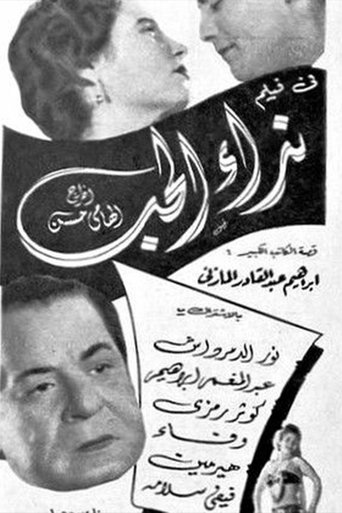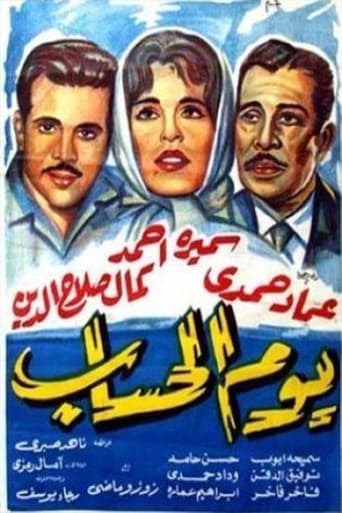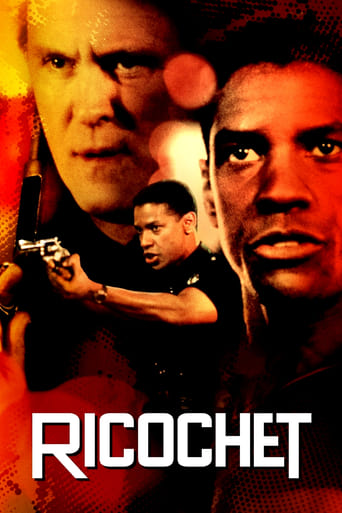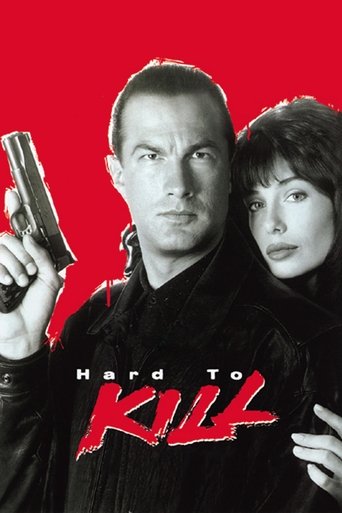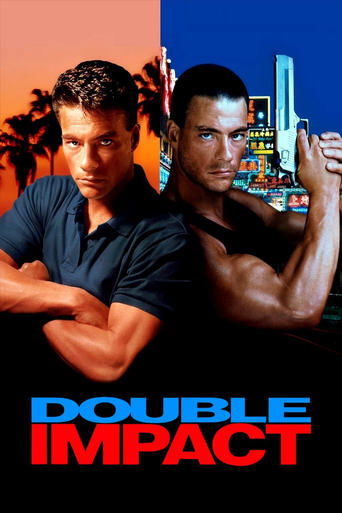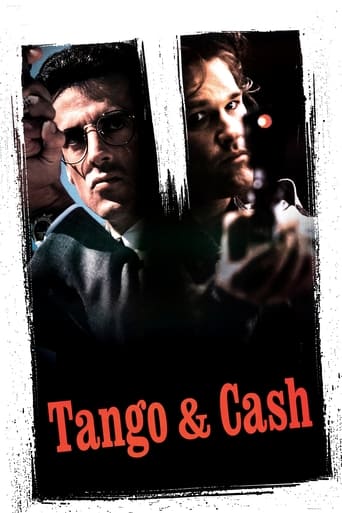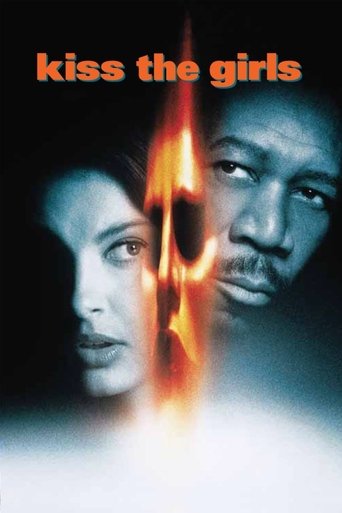










Sunset Boulevard (1950)
A hack screenwriter writes a screenplay for a former silent film star who has faded into Hollywood obscurity.
- Billy Wilder
- Charles C. Coleman
- Gerd Oswald
- Charles Brackett
- Billy Wilder
- D.M. Marshman Jr.
Rating: 8.3/10 by 2634 users
Alternative Title:
Sunset Blvd. - US
红楼金粉 - CN
Η Λεωφόρος της Δύσης - GR
Бульвар Сансет - RU
선셋 대로 - KR
선셋 블러바드 - KR
غروب یک ستاره - IR
Bulwar Zachodzącego Słońca - PL
Սանսեթ Բուլվար - AM
Country:
United States of America
Language:
English
Runtime: 01 hour 50 minutes
Budget: $1,752,000
Revenue: $5,000,000
Plot Keyword: new year's eve, jealousy, loss of sense of reality, screenwriter, butler, delusion, diva, film noir, hollywood, los angeles, california, black and white, madness, aging actor, has been, silent film star, grandiose behavior, kept man, movie studio, bitter
A classic for the must to be seen list. Gloria Swanson is magnificent.
**One of the great films of Hollywood's golden age.** This movie is really special. Not only does it show us a lot about the world of Hollywood during its golden age, but it also reveals a lot about the actors' egos, vanities and their titanic struggles to preserve their careers and stay in the limelight. Brilliantly directed by Billy Wilder, it is considered by many to be one of the great movie classics, combining entertainment, artistic value and cultural relevance. In 1951, it won three Oscars (Best Screenplay, Best Art Direction in a Black and White Film, Best Comic Film Soundtrack) and could perfectly have won one more, for Best Actress. But awards like these are never completely fair, especially in years so fertile for good films. Starting with the iconic scene of the dead man in the pool, the film intrigues us, and curiosity grips us, as the film shows how it all happened, introducing us to an average screenwriter who struggles to write a successful script that can leverage his career. He owes money, is in serious trouble and takes advantage of the opportunity to earn some easy money at the expense of a retired silent film actress, who decides to hire him to revise and type a script, written by herself and designed to mark her return. The script is mediocre, and he knows that the film will never happen, but he is coerced into silence, becoming the privileged eyewitness of the former star's gradual loss of lucidity. Of course, things get complicated as he loses his individual freedom and becomes more dependent on the whims and desires of his mistress. Despite the fiction, the film is based a lot on several loose true facts: one of them, the most obvious, is the fall of several actors in the course of the transition from silent to talking films. There were great actors who looked magnificent on screen and had great physical and facial expression, but who didn't survive this transition due to things as prosaic as a poor English fluency or a strange accent. Others, however, simply did not know how to understand and adapt to the novelty. The collapse of their careers and personal lives led to alcoholism, drugs, mental disorders. The film is able to condense almost all of this into a single character: Norma Desmond, the epitome of the fallen star. The cast has several well-known names, three of which – William Holden, Erich Von Stroheim and, obviously, Gloria Swanson – offer us the interpretation of their lives and their work of greater value and recognition. Of course, we cannot ignore that Swanson was a great star of silent cinema and that she shone in films like “Trespasser” or “Indiscreet”, and that Holden would continue to be a highly sought actor after this, having won his Oscar for Best Actor in a film that starred two years later. But there is no doubt that this film immortalized the three of them. Technically, the film is impeccable, and the merit lies a lot in the brilliance of the dialogues, in the excellence of the conception and development of the characters, in the extraordinary way in which Wilder managed to get the best out of Swanson and lead the actress to a magnificent performance, which has so much to brilliant and difficult as well as provocative (especially from the point of view of many Hollywood shooting stars, who saw themselves in character and felt offended by it). With an excellent pace, the film does not waste time or let the atmosphere of tension and drama fall into a standstill. The mansion, owned by the Getty family, acquires character by itself as it becomes the most obvious symbol of the disturbed personality and only of its resident. The black and white cinematography is magnificent, and accentuates, in its details and shooting angles, the dramatic feel of the film. The soundtrack isn't memorable, but it's effective and functional.
"Gillis" (William Holden) is a down-at-heel script writer who is struggling to keep his head above water. Not having had any successes for a while, his car is about to be repossessed and his erstwhile boss "Sheldrake" (Fred Clark) has nothing for him. On the run from the pursuing repo men, he turns his car into the drive of a decaying old mansion. Hiding his car in the garage, he is mistaken by the house's owner for an undertaker - she has a small matter that needs attending too! Realising her error she demands he leave, but not before he mentions what he does for a living. She has a script. Hundreds of pages of script - and she offers him a job, champagne and caviar if he will edit and refine it so "Norma Desmond" (Gloria Swanson), a retired former silent movie star, can present it to her favourite director Cecil B DeMille and restart her glorious career. Initially just seeing dollar signs, he agrees and what now ensues is a masterfully crafted story of love, dependency, ambition and delusion in which Swanson absolutely shines. It's clear to us from the outset that her grasp on reality is somewhat limited, and but for her dedicated factotum "Max" (Erich von Stroheim) she might well have fallen victim to her own depression many years ago. Holden is also on solid form here, his initial selfishness starts to morph into something more, he begins to care for this woman whose head is increasingly in the clouds, and upon whom she is becoming more reliant. The dialogue is delivered via a mix of Holden's quite honest narrative and the conversations between the characters delivering some of the best lines in cinema - "I'm still big - it's the world that's got smaller!". The mental decline and instability of "Desmond" is expertly displayed here by a star who new a thing or two herself about the silent film scene, and who brings her facial expressions, her mannerisms and her generally star-studded demeanour to bear really effectively as the audience gradually realise that nothing here is going to pan out as it seems - or as anyone wants. Von Stroheim underplays his supporting role with aplomb and though I didn't really love the sub-plot with Nancy Olson's "Betty Schaefer" - it took away from the intensity of the main storyline - it did to serve to illustrate just how powerful jealousy can be. This is a super film, that still captivates on a big screen and is really well worth sitting down to watch.,
Ace! 'Sunset Boulevard' is a splendid flick from 1950. I will note that I found the middle to be ever so slightly less interesting than the beginning and ending, though even so overall I most definitely enjoyed watching it. Love the dialogue, the score is excellent too. William Holden and Gloria Swanson are tremendous together onscreen, in what is a supremely well told story.

